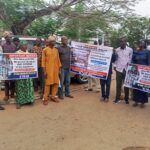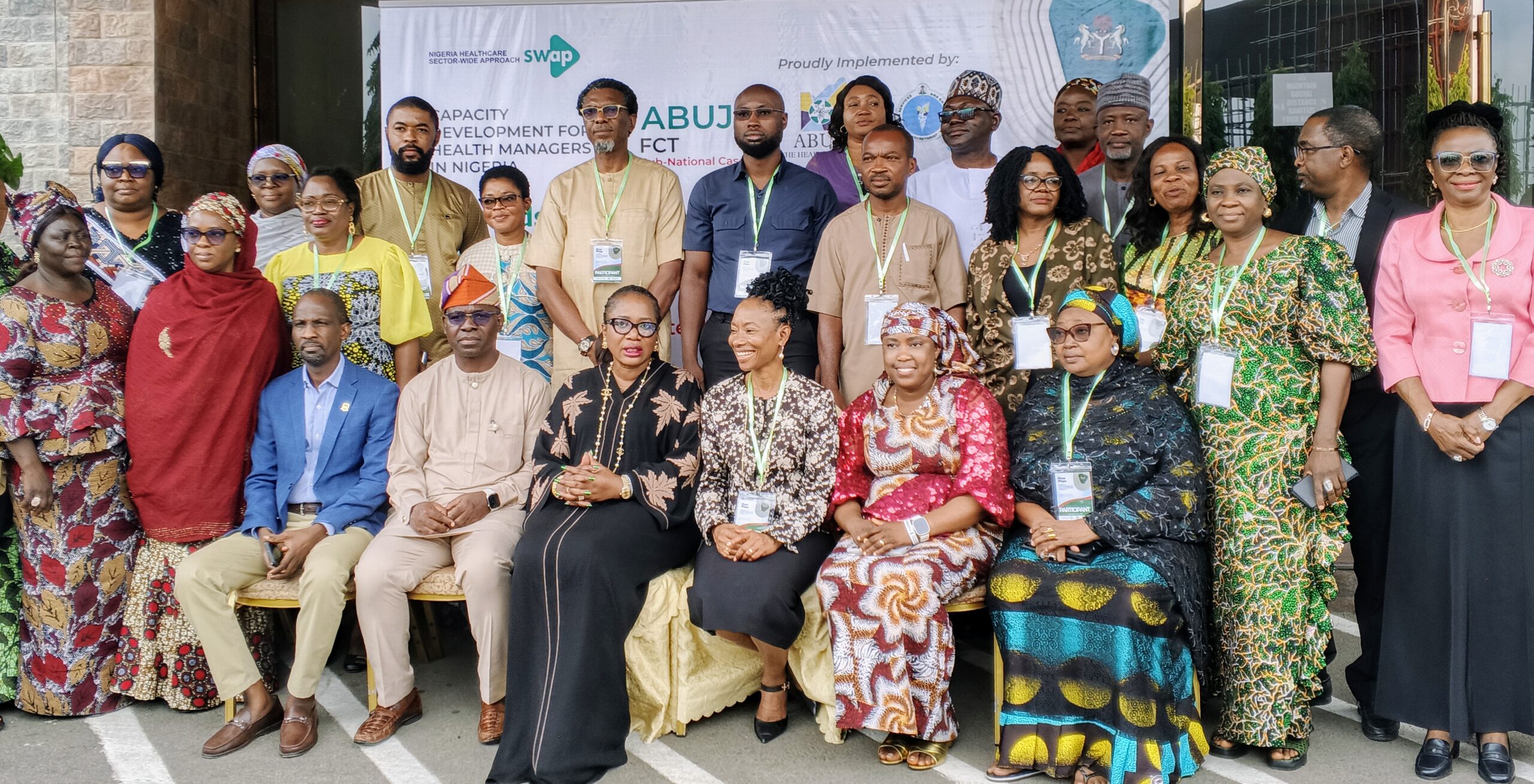By Philip Yatai
The Federal Ministry of Health and Social Welfare has trained health leaders and managers in the Federal Capital Territory (FCT) on development of smart, budget-linked and data-driven Annual Operational Plan (AOP).
The four-day training, which ended on Saturday in Abuja, was under the National Health Sector Renewal Investment Initiative (NSHRII) leadership, health system strengthening and planning capacity development.
Dr Adedolapo Fasawe, the Mandate Secretary, FCT Health Services and Environment Secretariat (FCT HSES), said that the training marks a significant milestone toward the development of a data-driven and smart budget-linked 2026 AOP.
This, according to Fasawe, will align with FCT budget and enable administration to draw down on available funds from the Disbursement-Linked Indicators (DLIs).
She explained that more than 70 senior health officials, programme managers and planning officers across the FCT, area councils, development and implementing partners participated in the four-day stepdown training.
She described the training as a “bold step” toward strengthening health systems and development of a budget-linked AOP that would align with government priorities for donors and development partners to key into.
Fasawe specifically urged development and implementing partners to align their plans and funding with the priorities and initiatives of the FCT Health Sector Strategic Blueprint (HSSB) and AOP.
Also, Dr Teresa Nwachukwu, the acting Director, Health Planning Research and Statistics, FCT HSES, said that the training was funded and facilitated by the Federal Ministry of Health and Social Welfare.
Nwachuckwu, who is also the FCT SWAp Desk Officer, added that the training was conducted through the NHSRII and the Sector-Wide Approach (SWAp) Coordinating Office.
She added that the training, designed to address the capacity gap among health managers and leaders across the country, would impact the needed skills for the development of 2026 AOP from the HSSB.
“The plan is being designed to align with the FCT budget and strategically incorporate flagship initiatives such as the HOPE Health Agenda, HSSB and the Maternal and Neonatal Mortality Reduction Innovation Initiative (MAMII).
“This will be in line with President Bola Tinubu administration’s Renewed Hope Health Agenda under the NSHRII, HOPE Health and SWAp,” she said.
She said the participants were equipped with practical leadership, planning and governance tools to drive efficient health service delivery.
“The training equally prioritised evidence-based budgeting, results-oriented planning, and multi-stakeholder coordination, essential to system-wide accountability and impact,” she added.
The News Agency of Nigeria (NAN) reports that the participants were trained on the principles and context of HSSB, SWAp, MAMII, HOPE Governance and HOPE Health.
The health managers’ capacities were built on health systems, frameworks and system thinking, HOPE disbursement- linked indicators, problem-solving tools and bottlenecks analysis.
Other areas included intervention prioritisation techniques in healthcare delivery, data literacy for decision-making and performance dialogue, monitoring evaluation, accountability, research and learning Plan and AOP development process.
The participants also went through hands-on training on the web-based AOP tool, leadership, team building and change management.
A core outcome of the workshop was the identification of critical health financing gaps in the FCT, especially in the areas of poor funding for health and absence of budget lines for monitoring and evaluation activities of the SDAs.
They also noted the challenge of funding for health at the area council level, including absence of budgetary provisions for critical programmes.
The participants urged development partners to align funding and programmes with government-led strategies and a joint planning and development of 2026 AOP to ensure donor inputs directly support FCT-specific health priorities.
Other recommendations included strengthening area council-level financing and the need for enhanced budget releases at the state and area council levels.
They also advocated increased domestic and donor resources for health system strengthening and increased health budgetary allocation in line with the 15 per cent Abuja Declaration of April 27, 2001. (NAN)
Edited by Hadiza Mohammed-Aliyu












